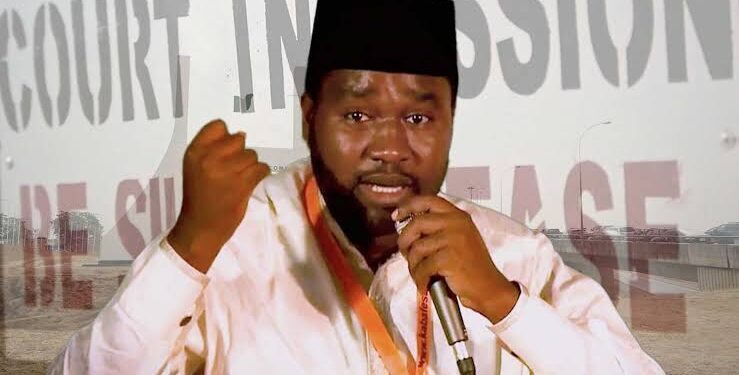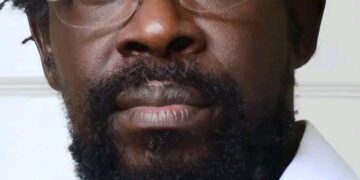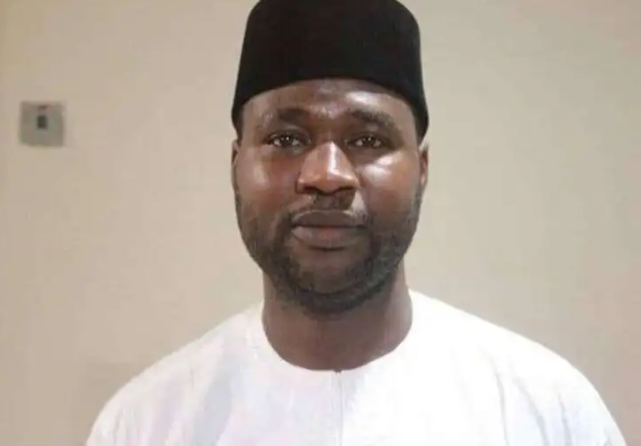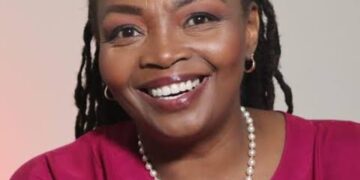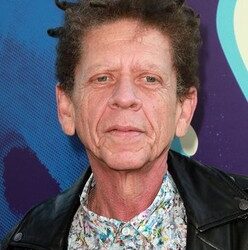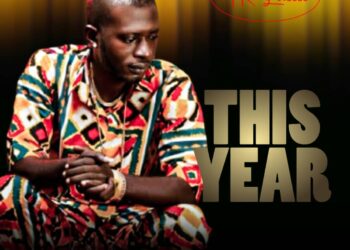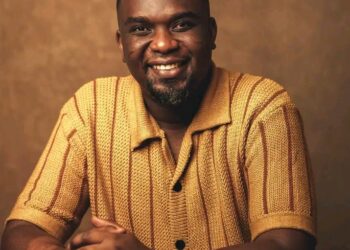Mubarak Bala is a notable Nigerian humanist and activist, recognized for his outspoken advocacy for atheism and secularism in a predominantly Muslim country. His journey from a devout Muslim to a prominent figure in the global humanist movement reflects the complexities of faith, identity, and freedom of expression in Nigeria. Bala’s experiences have not only shaped his personal beliefs but have also brought significant attention to issues of religious intolerance and human rights within the nation.
Profile Summary
| Full Name | Mubarak Bala |
| Date of Birth | 1984 |
| Place of Birth | Kano, Nigeria |
| Nationality | Nigerian |
| State of Origin | Kano State |
| Spouse | Fatima Bala |
| Children | 1 son |
| Occupations | Humanist, Activist |
| Date of Arrest | April 2022 |
| Date of Release | Late 2024 |
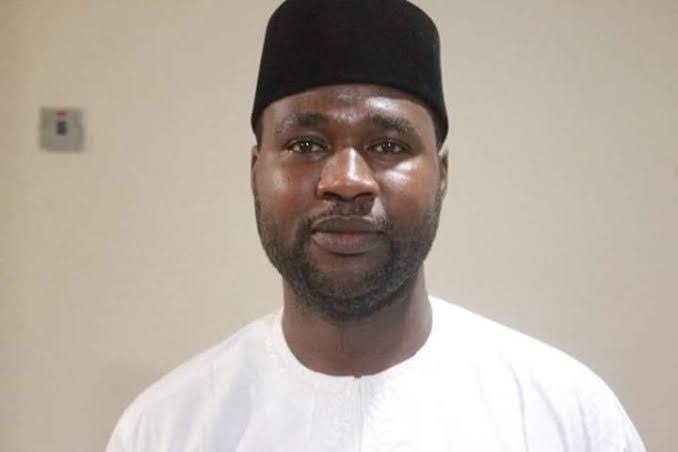
Early Life and Education
Mubarak Bala was born in 1984 in Kano, Nigeria, into a family deeply rooted in Islamic scholarship. His father was a respected Islamic cleric, which meant that Bala was raised in an environment steeped in religious tradition and teachings. His early education included both formal schooling and religious instruction, where he excelled academically.
As he grew older, Bala began to question the tenets of Islam. His critical thinking skills were further developed during his time at the University of Lagos, where he studied environmental science. It was during this period that he encountered diverse ideologies and philosophies, which played a crucial role in shaping his worldview.
Loss of Faith
Bala’s loss of faith was gradual but profound. He began to experience doubts about the doctrines he had been taught, particularly after witnessing violent sectarian conflicts in Nigeria, including the devastating riots in Kano in 2013. The brutality and senselessness of these events led him to question the morality of religious teachings that seemed to justify violence.

His growing skepticism culminated in his public declaration of atheism in 2014. This decision was not without consequences; it marked the beginning of a tumultuous journey filled with challenges as he faced backlash from family members and society at large.
Arrest and Conviction
In April 2020, Bala’s outspoken criticism of Islam on social media led to his arrest by the police in Kano State. He was charged with blasphemy—a serious offense under both Nigerian law and Islamic doctrine. His arrest sparked outrage among human rights advocates who viewed it as an infringement on freedom of expression.
In April 2022, Bala was convicted and sentenced to 24 years in prison. However, his conviction drew widespread condemnation from international organizations such as Amnesty International and Human Rights Watch, which highlighted the dangers faced by those who challenge religious norms in Nigeria.
In May 2024, following appeals and legal challenges regarding procedural irregularities during his trial, Bala’s sentence was reduced to five years. His case remains emblematic of the broader struggle for secularism and human rights within the country.
Freedom

After spending nearly four years imprisoned under harsh conditions, Bala was finally released in late 2024. His release was celebrated by activists around the world who had campaigned tirelessly for his freedom.
Following his release, Bala has continued to advocate for secularism and human rights, using his platform to raise awareness about the plight of others facing similar persecution.
Personal Life
Mubarak Bala is married to Fatima Bala, a fellow advocate for human rights and social justice. Together, they have one son. Despite the challenges they have faced due to his activism, their relationship remains strong, with Fatima often supporting him publicly in his endeavors.
Bala’s personal life is marked by resilience; he has expressed a commitment to fostering a supportive environment for his family while continuing his advocacy work.
Recognition
Bala’s courage and commitment to secularism have earned him recognition both nationally and internationally. He has been featured in various media outlets discussing issues related to atheism and human rights in Nigeria. His case has become a rallying point for activists advocating for freedom of expression and religious tolerance.
Organizations such as the International Humanist and Ethical Union (IHEU) have recognized him as a key figure in the fight against blasphemy laws that threaten individual freedoms.

